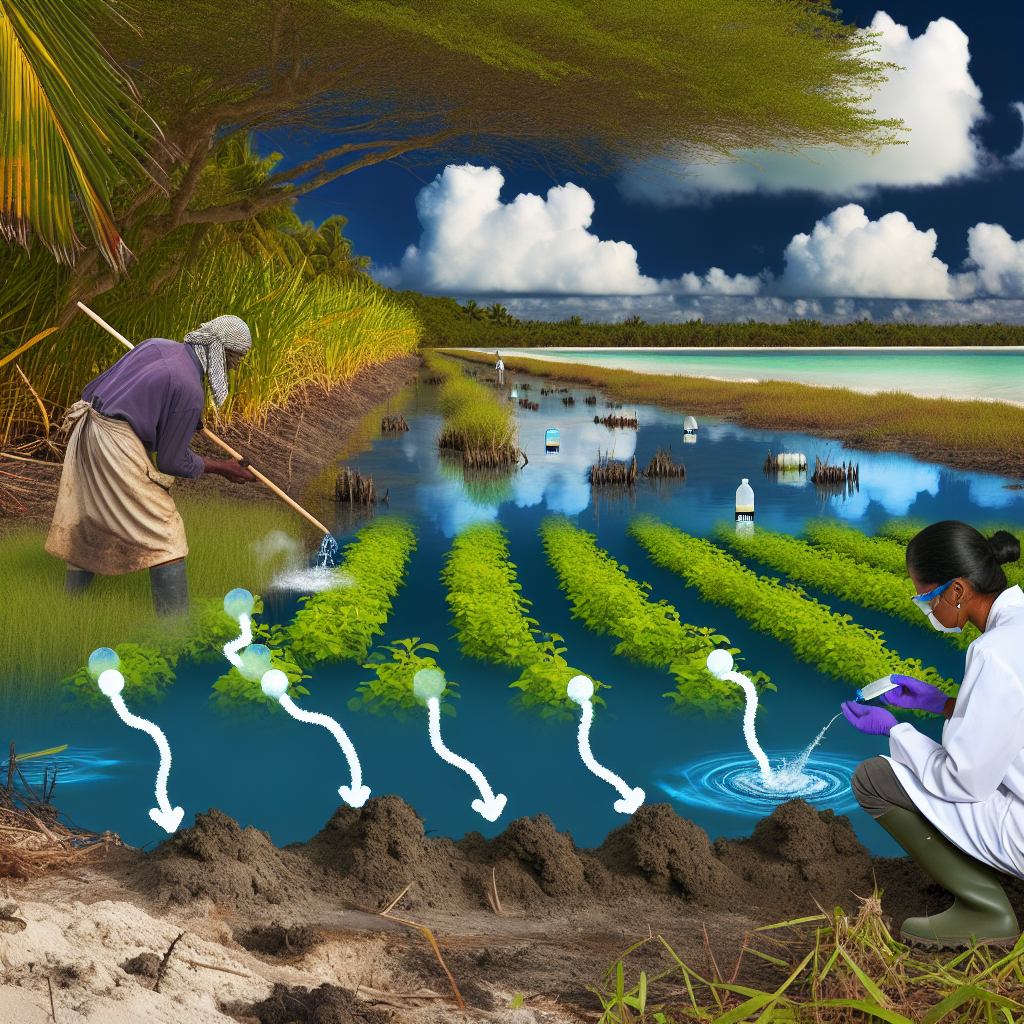Protecting Caribbean Farms: How Agricultural Sulfur Increases Mercury Risks in Wetlands

In a landmark study published May 7, 2025, researchers at UC Davis revealed that sulfur fertilizers—long unregulated in agriculture—can dramatically amplify mercury concentrations in subtropical wetlands by fueling microbes that convert inorganic mercury into toxic methylmercury Research Communities by Springer NatureScienceDaily. This methylmercury bioaccumulates in fish and poses serious neurotoxic risks to both wildlife and people Phys.orgCAES. While this research focuses on Florida’s Everglades, Caribbean agricultural systems relying on sulfur amendments face parallel threats. Proactive soil and water testing—readily available through Ecotox Environmental Services—can identify and mitigate heavy‑metal contamination before it becomes a crisis ECOTOX Environmental Services LtdECOTOX Environmental Services Ltd.
Understanding the Sulfur–Mercury Connection
Recent field campaigns show that sulfate runoff from sugarcane and other crops enters adjacent wetlands, enhancing the activity of anaerobic bacteria and archaea that methylate mercury Research Communities by Springer Naturepoulinlab.ucdavis.edu. At moderate sulfate concentrations, methylmercury production spikes, leading to fish tissue concentrations among the highest recorded globally CAES. Because methylmercury easily crosses the blood–brain and placental barriers, even low-level exposure can impair cognitive development in children and damage adult nervous systems ScienceDailyPhys.org.
Broader Implications for Caribbean Agriculture
Although the Everglades study is geographically specific, the fundamental biogeochemical processes apply to any region where sulfur‐based fertilizers are used CAESWikipedia. Caribbean soils, often already stressed by salinity and heavy rainfall, could see accelerated mercury mobilization into water bodies, exacerbating risks to fisheries, public health, and export markets Wikipedia. Moreover, tropical temperatures and anaerobic wetland conditions heighten microbial methylation rates, making early detection critical.
Mitigation through Testing and Monitoring
Preventing methylmercury contamination begins with a robust analytical testing program. Ecotox Environmental Services offers:
- Environmental Analytical Testing for soils and waters, including heavy‑metal speciation to quantify both inorganic mercury and methylmercury ECOTOX Environmental Services LtdECOTOX Environmental Services Ltd.
- Specialized Sampling Services to ensure representative sample collection under strict local and international protocols ECOTOX Environmental Services Ltd.
- Consultancy & Specialty Projects to design site‑specific monitoring plans and interpret complex data for actionable insights ECOTOX Environmental Services LtdECOTOX Environmental Services Ltd.
By partnering with Ecotox, Caribbean farmers and land managers can adapt fertilizer regimes, target remediation efforts, and demonstrate due diligence to regulators and customers alike.
Take Action Today
Don’t wait until “invisible” mercury becomes a public‑health scandal. Protect your crops, your community, and your bottom line by scheduling a comprehensive soil and water heavy‑metal assessment with Ecotox Environmental Services. Contact us now to learn how our scientists can tailor a monitoring program to your needs ECOTOX Environmental Services Ltd.

